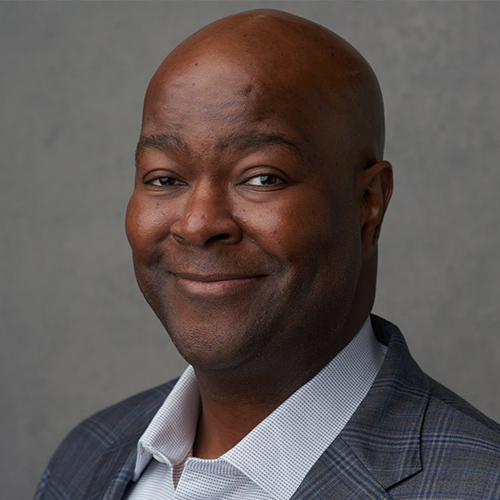3 minutes
Five areas on which to focus your learning
An often-used quote about having foresight comes from hockey great Wayne Gretzky:
“A good hockey player plays where the puck is.
A great hockey player plays where the puck is going to be.”
This quote not only applies to your organization’s overall business strategy but also its people strategy. Today’s talent leaders must ensure that both the learning they do personally and the learning that their organizations do overall align to where the organization is going.
Fortunately for hockey players, the trajectory of the puck is governed by the laws of physics. If they know how the puck was hit—and what’s in its way—they can be reasonably certain about where the puck is headed. Today’s business leaders aren’t so lucky. As the last two years have shown us again and again, we are leading and learning in a time of great uncertainty. This underscores the importance of learning in five key areas.
- Leadership. This article from the Harvard Business Review cited W.C.H. Prentice’s definition of leadership as “the accomplishment of a goal through the direction of human assistants.” The best leaders, the article goes on to say, understand people’s motivations and enlist employee participation in a way that “marries individual needs and interests to the group’s purpose.” Some leaders are born, to be sure; they do all of this naturally. But even more are grown. In other words, informal and formal leadership learning experiences forge the effectiveness of many leaders.
- Communication. We used to call communication a “soft” skill. But I like to think of communication and other key interaction skills as “human” skills instead. To help organizations get where they need to be, leaders need to continuously hone their ability to talk about the vision. They also need empathy, so they can more effectively bring others along with them.
- Digital readiness. Fintechs continue to expand their market share, and members’ expectations of the financial experiences they want are often redefined by the experience they get when interacting with these companies. Having skills like systems thinking and project management will be essential to leading the digital transformation necessary for your credit union to stay relevant.
- Change management. In the early days of the pandemic, credit union leaders managed unprecedented change as many branches closed and many employees worked from home for the first time. Some leaders knew from experience how to lead such dramatic change. Some knew how to lead it because they’d taken a good course in change management. And, frankly, some just made it up as they went along. While we don’t know when it will happen, we know the next big change is coming—and the time to prepare for it is today.
- HR analytics. It’s no doubt that the human skills we discussed above are harder to quantify than your interchange income last month. But data tools are becoming more and more powerful. If you learn how to apply data analytics to human resources, you can better understand and tackle such HR challenges as hiring top talent, engaging your team, managing turnover and evaluating workforce diversity. You can even get a better handle on the business impact and the return on investment associated with HR initiatives.
Developing your skills in these five areas will certainly help you assist your organization in achieving its vision despite marketplace uncertainty. But to get where you’re going, it’s also important to align your talent development leaders—including your CEO, CHRO, VP/People, VP/Talent and other executives—around a common vision for your people. To help you, CUES is offering TalentNEXT, a team event in May in Austin, Texas. I hope to talk with you there about how you’re leading your team toward where your organization is headed.
Since joining CUES in March 2013, John Pembroke has played a leadership role in developing and launching a new direction in CUES’ strategy, branding and culture. Under his guidance, CUES has revamped its membership structure and launched new institutes. Additionally, CUES has expanded its market further into Canada and the Caribbean. Pembroke’s experience includes 25 years in financial services, marketing and e-commerce. He also has served as chief marketing officer at PSCU Financial Services, St. Petersburg, Florida. Pembroke holds a B.S. in Economics from the Wharton School of Business of the University of Pennsylvania and an MBA in Marketing and Policy Studies from the Booth School of Business of the University of Chicago.






